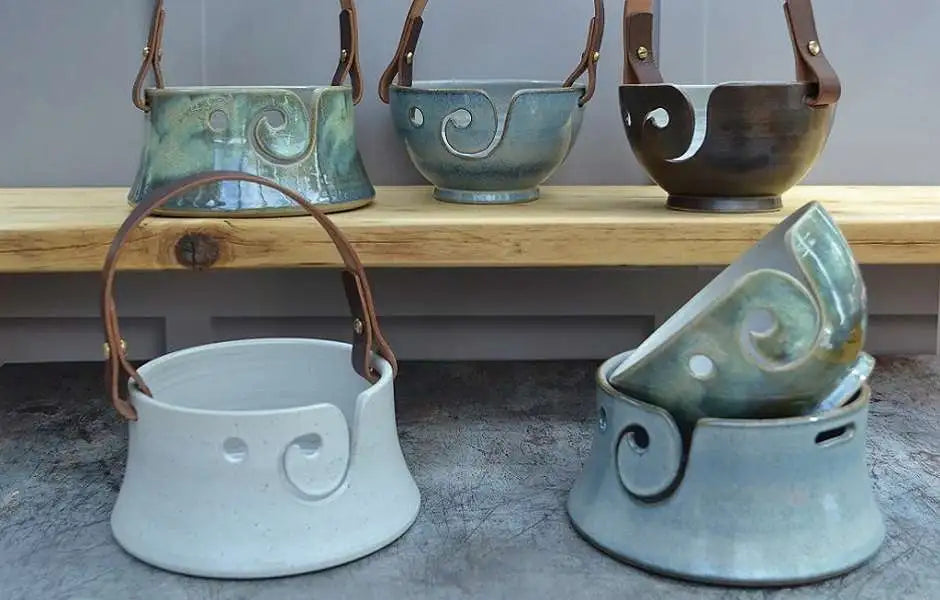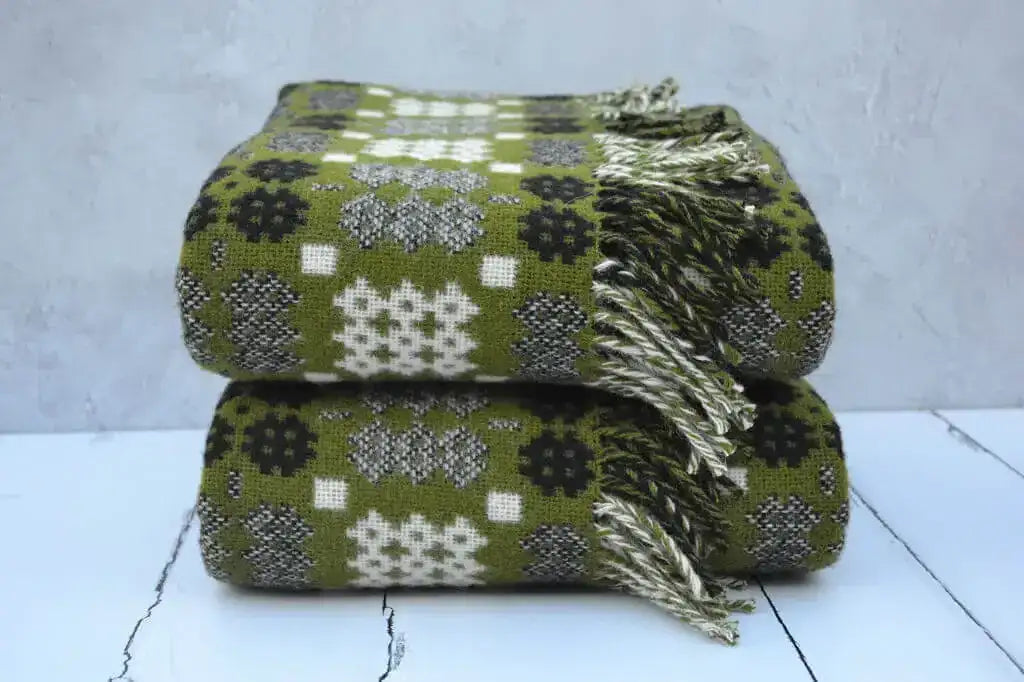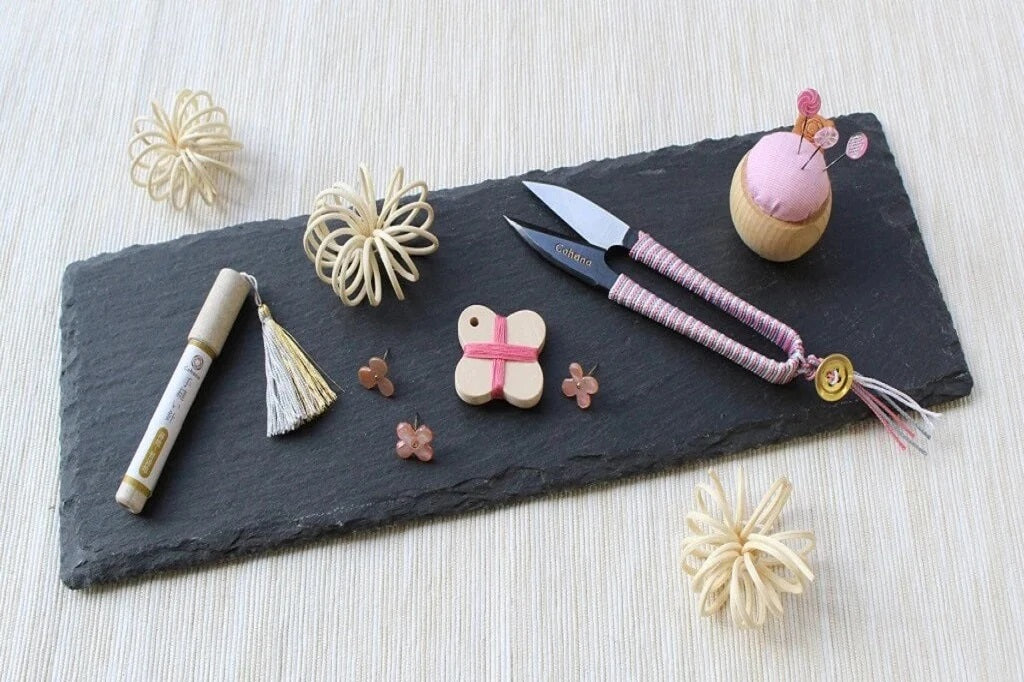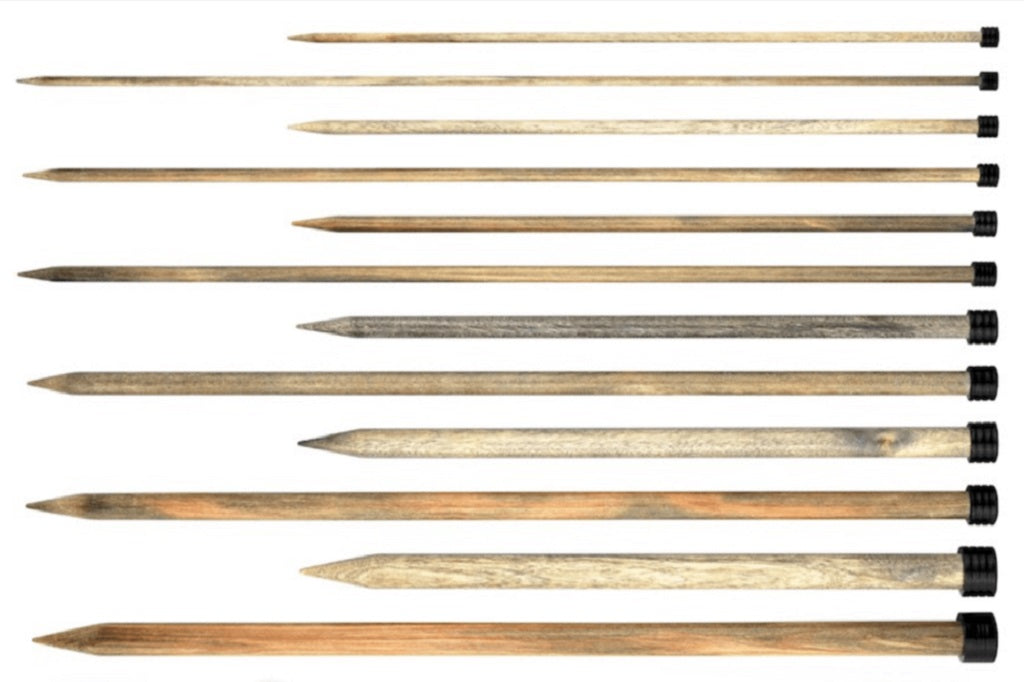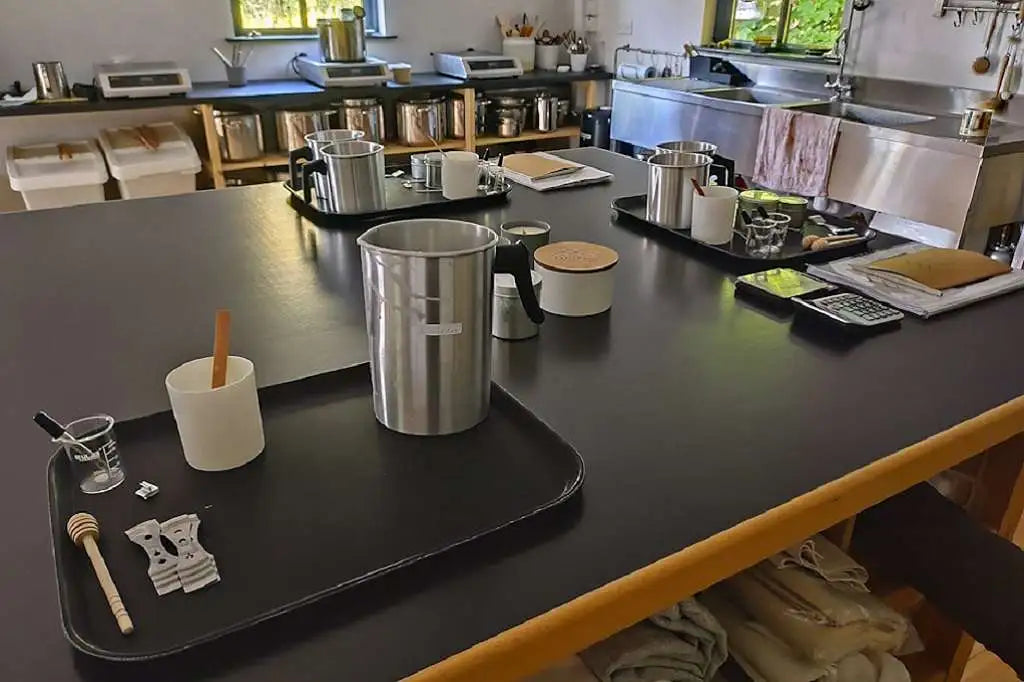Cilmeri, Cilmeri Memorial, 11th December
Cilmeri - What happened on 11th December 1282?
Cilmeri is a small village in mid-Wales of great historical importance – it was here on 11th December 1282 that the last Welsh-born Prince of Wales, Prince Llywelyn ap Gruffudd was killed in battle with King Edward of England’s soldiers. The place where Llywelyn fell was marked in 1902 by a stone obelisk, but this was replaced in 1956 by a block of granite (from Trefor Quarry in Llywelyn's native Caernarfonshire) embedded in a plinth set on a low mound.
Cilmeri village is in Breconshire on the banks of the river Irfon, part of Powys in mid-Wales. The nearest town is Builth Wells. Despite being such a small village, with only 500 inhabitants, the Prince Llywelyn pub and a railway station, Cilmeri is a place of significant historical importance to Wales.
Other Related Pages
Cilmeri Monument Words
It is a most hallowed and sad place, for it was there, in a quiet meadow that the last Welsh-born Prince of Wales, Prince Llywelyn ap Gruffudd was killed in the battle of Irfon (or Orewin) Bridge. Llywelyn died in a minor skirmish with King Edward of England's soldiers, on 11th December 1282.

(translated, “near this place, Llywelyn ein Llyw Olaf (Llywelyn the Last") was killed)
A memorial, known as the Cilmeri Stone, to Prince Llywelyn ap Gruffudd, Llywelyn ein Llyw Olaf, a fifteen feet monument of granite from the Trefor Quarry in Llywelyn's native Caernarfonshire was erected on the site in 1956. Earlier in 1902, a memorial was erected by Squire Blyth. This was dismantled and incorporated in the steps leading the monument site, and the current Cilmeri Memorial was erected in its place. At the back and to the right side of the grounds is a gate and short set of steeps leading to a capped well where legend has it that Llywelyn’s head was washed after it had been decapitated.
Since then, it has served as the focal point for an annual day of remembrance on the anniversary of his death, the 11th of December each year. An increasing number of Welsh people now understand and appreciate the history of Cilmeri, and so the greater has been the remembrance on 11th December each year. His grave is nearby in a Cistercian Abbey, Abbeycwmhir that was once the largest abbey in Wales.
Edward's Conquest of Wales
To appreciate the historical significance of Cilmeri, we must understand the background to the Edwardian Conquest of Wales during the latter part of the 13th century. The ambition of King Edward was to unite the whole of the island of Britain under his kingship, and this meant he had to ultimately conquer Wales and Scotland. Prince Llywelyn had managed to form a unified Wales under his leadership but faced significant problems in holding together the various factions of his kingdom. Edward's much larger army found little difficulty in eventually overcoming the forces of Llywelyn through attrition and to impose harsh restrictions upon the Welsh leader.
Treaty of Aberconwy
At the Treaty of Aberconwy in 1277, Llywelyn was forced to accept humiliating terms and give up most of his recently acquired lands keeping only Gwynedd west of the river Conwy. Edward followed up his successes by building strongholds around the perimeter of what remained of Llywelyn’s lands. Strong, easily defended castles were built at Fflint, Rhuddlan, Aberystwyth and Builth, garrisoned by large detachments of English immigrants and soldiers.
However, for Prince Llywelyn, the story was not yet finished. During a period of peace between the two kings, his wedding to Elinor at Worcester was honoured by the attendance of the English king. When the people of Wales, under his brother Dafydd, eventually rose in a massive revolt at the loss of control over their customs and their law and the restrictive and oppressive English rule, Llywelyn was once again the unanimous choice to lead their cause.
The last days of Prince Llywelyn
At first, Llywelyn's revolt was successful. The castles of Builth, Aberystwyth and Rhuddlan were overcome, and a large English force was utterly destroyed in the Menai Strait between the mainland and Anglesey. Edward was forced to commit all of his resources to deal with the Welsh, yet it was an unfortunate chance encounter in a field at Cilmeri that ended the Welsh dream.
Llywelyn had become separated from his main army. He found himself in a minor skirmish on the outskirts of the main battlefield and was killed by an English knight who was unaware of the Welsh prince's identity. The exact circumstances of his death have been lost to history and are unclear. There are many explanations of his death, and one gives 'credit' to an English soldier named Stephen de Frankton. What is clear, however, is that the English do not seem to have realised who they killed, possibly because Llywelyn had travelled in secret to his meeting in Builth Wells and was not wearing any obvious coat of arms. That would suggest that his death was pure bad luck. Another account suggests that Llywelyn was betrayed by one of his followers.
Cilmeri Well
At the far side of the monument grounds, a path leads to a set of steps down to the well where Llywelyn's head was washed. The well is now protected by a metal cover, but you can lift the cover and expose the water beneath. Behind the well is a slate slab inscribed in Welsh and English with the phrase, 'Legend has it that this is the well wherein the head of Llywelyn ap Gruffydd was washed'.
Llywelyn's Head Displayed at the Tower of London
Upon discovery, Llywelyn's head was sent to Rhuddlan for Edward and then to London. It was displayed as that of a traitor and paraded through the streets, crowned with ivy in mockery of the ancient Welsh prophecy, which said that a Welshman would be crowned king of the whole of Britain (which happened when Henry Tudor became King in 1485). The head of Llywelyn, it is said, was still on the Tower of London some 15 years later!
Welsh Rebellion Ended
Edward's troubles with the rebellious Welsh, for all practical purposes ended. From then onward, Wales was to live under an oppressive political system, playing a subordinate role as an integral part of the kingdom of England. A poignant ballad by modern Welsh songwriter and nationalist Dafydd Iwan expresses the grief of the Welsh nation at the loss of their beloved Llywelyn: "Collir Llywelyn, colli'r cyfan" (losing Llywelyn is losing everything). Cilmeri is indeed holy ground.
Where is the Cilmeri Monument?

In the quiet green meadow on the road from Llanfair ym Muallt (Builth Wells) to Llanymddyfri (Llandovery), beside the little brook, there is a tall granite monolith, the Cilmeri Stone. At first glance, it looks like one of the ancient standing stones erected thousands of years ago by our Neolithic ancestors, yet a closer inspection reveals it to be a monument erected in 1956 to the memory of Prince Llywelyn, the last Welsh-born ruler of Wales. The granite monument is encircled by 13 oak trees to represent the ancient historic thirteen Welsh counties.
He became to be known as Llywelyn Ein Lyw Olaf, or "Llywelyn our last ruler". Llywelyn ap Gruffudd is the last Welsh born Prince of Wales; those who have come after him should not claim this title - Cymru am byth...
The name Cilmeri
For over 800 years the name of the village, now known as Cilmeri was known as Cefn-y-Bedd. It is only in more recent times, maybe since the 1950’s, has the name been changed to Cilmeri.
Like many Welsh placenames, Cefn-y-Bedd describes where the village lies. Cefn is the ridge between the valley of the river Irfon to the south, and the river Chwefru to the north. Bedd refers to the Bronze-age burial mound dating from approx. 2500BC, on Waun Nely at the north-western side of the village. [Hence, the ridge of the grave] The southern part of Cymru [Wales] was settled in the 5th century by many people who had arrived from Munster on the west coast of Ireland. These people left evidence of their presence in certain placenames. Kil or now in Welsh ‘Cil’ is one such descriptive name. The word means a little sheltered hollow in the hills. The other part of the name is mieri - brambles. This is not the description of the present village, but is a perfect description of Cilmeri Park, the estate, which lies half a mile west of the present village and whose lands come up to the village itself.
From before 1282 until the mid-20th century, the village was known as Cefn-y-Bedd - the ridge of the grave. Many have believed that this name refers to the grave of Prince Llywelyn, however, as Llywelyn was still alive at the time, this was not true.
Gerallt Lloyd Owen and the Cilmeri Poem
Gerallt Lloyd Owen who died aged 69, was the foremost Welsh poet of his generation was a prize-winning Welsh language bard who used the ancient metre of cynghanedd to project nature and nationalism.
Owen became a national coach as referee of the radio programme on BBC Cymru called Talwrn y Beirdd, a long-running poetry contest which draws followers in their thousands at the National Eisteddfod.
Gerallt wrote this poem about Cilmeri and the death of Prince Llywelyn ein Llyw Olaf - it is full of emotion and sadness.
Cilmeri Poem
English translation to below:
Fin nos fan hyn
Lladdwyd Llywelyn.
Fyth nid anghofiwn hyn.
Y nant a welaf fan hyn
A welodd Llywelyn,
Camodd ar y cerrig hyn.
Fin nos, fan hyn
O'r golwg nes i'r gelyn.
Fe wnaed y cyfan fan hyn.
Rwyf fi'n awr fan hyn
Lle bu'i wallt ar welltyn,
A dafnau o'i waed fan hyn.
Fan hyn yw ein cof ni,
Fan hyn sy'n anadl inni,
Fan hyn gynnau fu'n geni.
A literal translation...
In the evening here
Llywelyn was killed.
We won't forget this.
The stream I see here
Did Llywelyn see,
He stepped on these stones.
In the evening, here
From view until the enemy.
It was all done here.
I am here now
Where his hair was on straw,
And drops of his blood here.
Here is our memory,
Here is our breath,
Here are guns that were born.
About FelinFach
Located in Pembrokeshire Wales, our ethos is defined in the three words...
NATURAL TRADITIONAL HANDMADE.
- Hand woven iconic Welsh blankets.
- Hand dyed yarn, dyed with natural dyes only - no exceptions!
-
Handmade candles, candle accessories and Candle Making Workshops.
- Natural Dyeing Craft courses.
- Yarn shop, yarn bowls, project bags, tools and accessories for knitters and crafters.
- Welsh Gifts, made in Wales, handmade in Wales.
We are a proud supporter of Americymru the Campaign for Wool, Global Welsh and Red Dragon America.
Other FelinFach Pages
Last updated 14th January 2025



